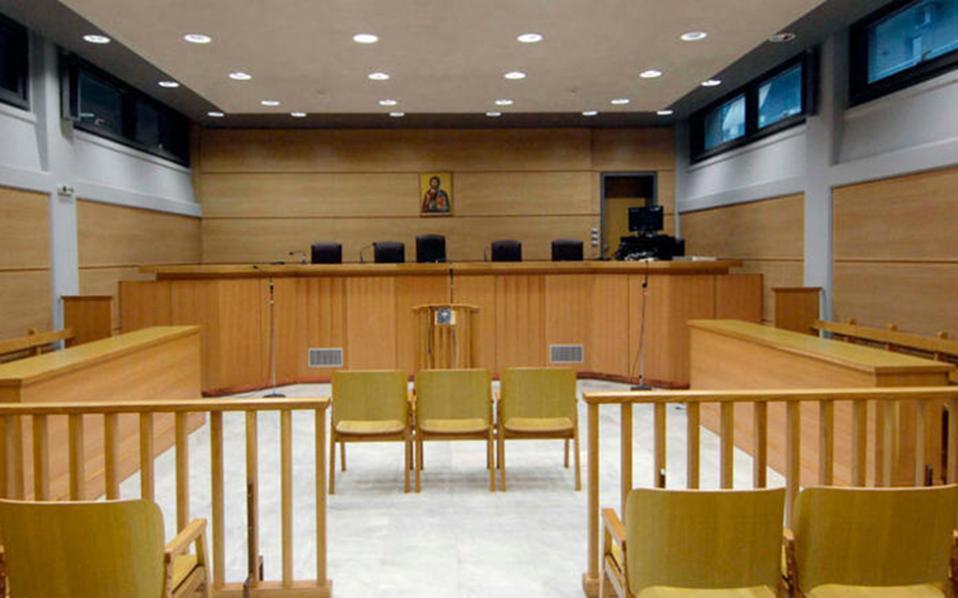Sloppy measures or true reform?

The Greek government has announced that it will submit to Parliament a series of bills ahead of the general elections, whenever they are held. Many of those bills are commitments made by the government in the previous election campaign and attempt reforms in areas that have been plagued by problems for years, creating enormous difficulties for citizens, but also standing in the way of the country’s growth.
One of the bills scheduled to be voted on before the government term expires concerns changes to the administrative justice system. The new legislation essentially attempts a judicial “Kallikratis” (an ambitious program passed in 2010 that redrew administrative boundaries in Greece and overhauled local government) for administrative courts, which are scattered across the country, with many being underused for years.
If the upcoming legislation dares to make substantial changes, this reform will signal the government’s decision to proceed with real changes in justice, whose numerous shortcomings have made it Greece’s institutional Achilles’ heel. The bill is expected to be submitted for public consultation soon and will be forwarded to the Parliament for a vote before the elections.
The reason the government wants to pass this bill before the next election is basically and primarily the fact that it is an agreed requirement for the disbursement of aid from the EU Recovery Fund, which will be used to finance important projects where there are substantial needs. The bill is sure to be passed and the agreement with the European Union will be respected so that there will be disbursements in the future.
However, what is important is that the government must not legislate reforms simply to meet the conditions required to receive funds, but to make sure that the attempted changes correspond to real needs, are feasible and will be implemented.
The painful experience of the bailouts and the fiscal adjustment measures has taught us that reforms can be passed into law, but they usually remain on paper and only some of them actually move forward.
As for the changes in administrative justice, they should be substantial and constitute real reforms and not a set of sloppy measures, as this legislation will, above all else, set the precedent for similar changes in criminal and civil justice, where the problems are huge. It may also serve as a model for upcoming changes in other crucial sectors, such as higher education and health.





